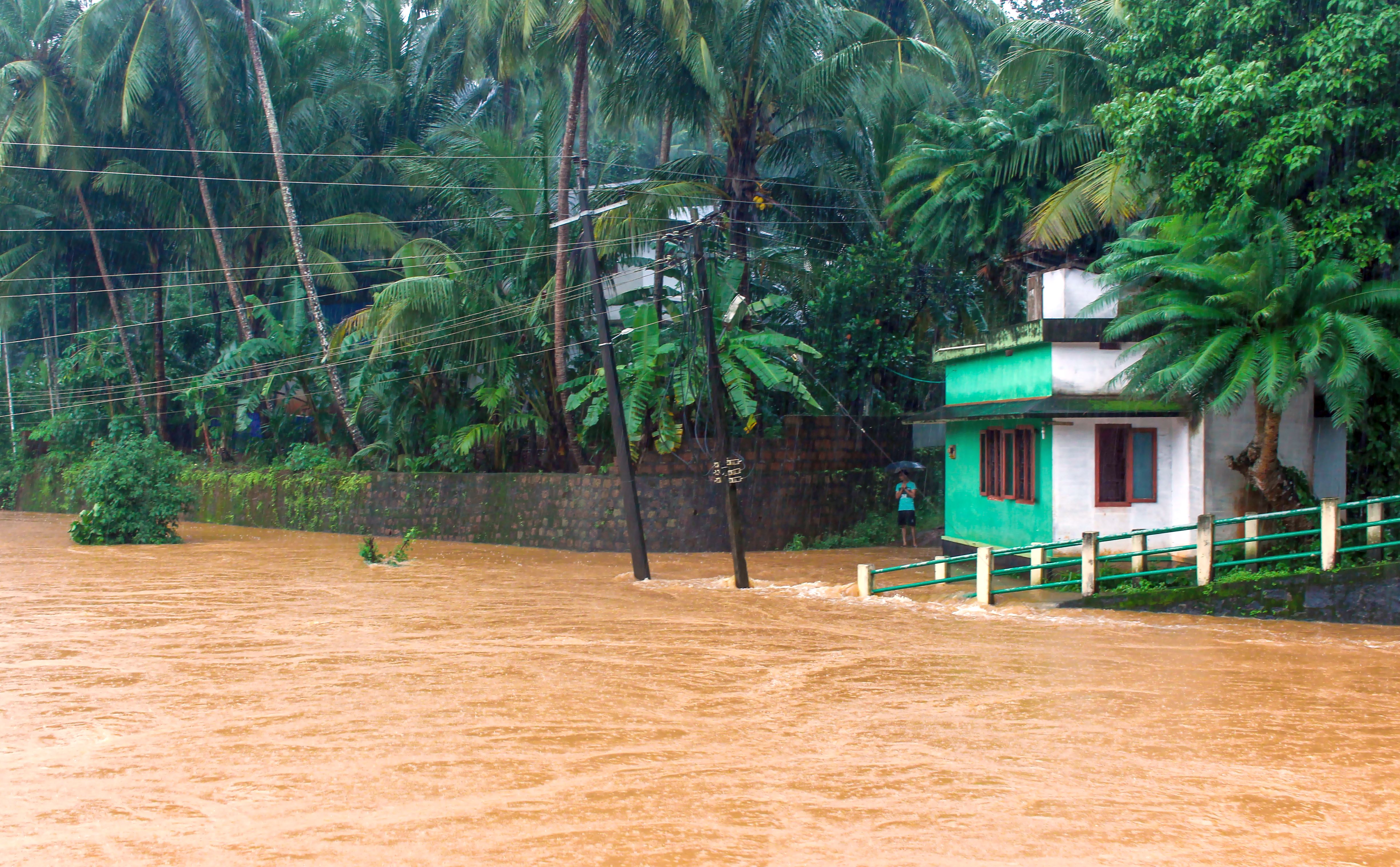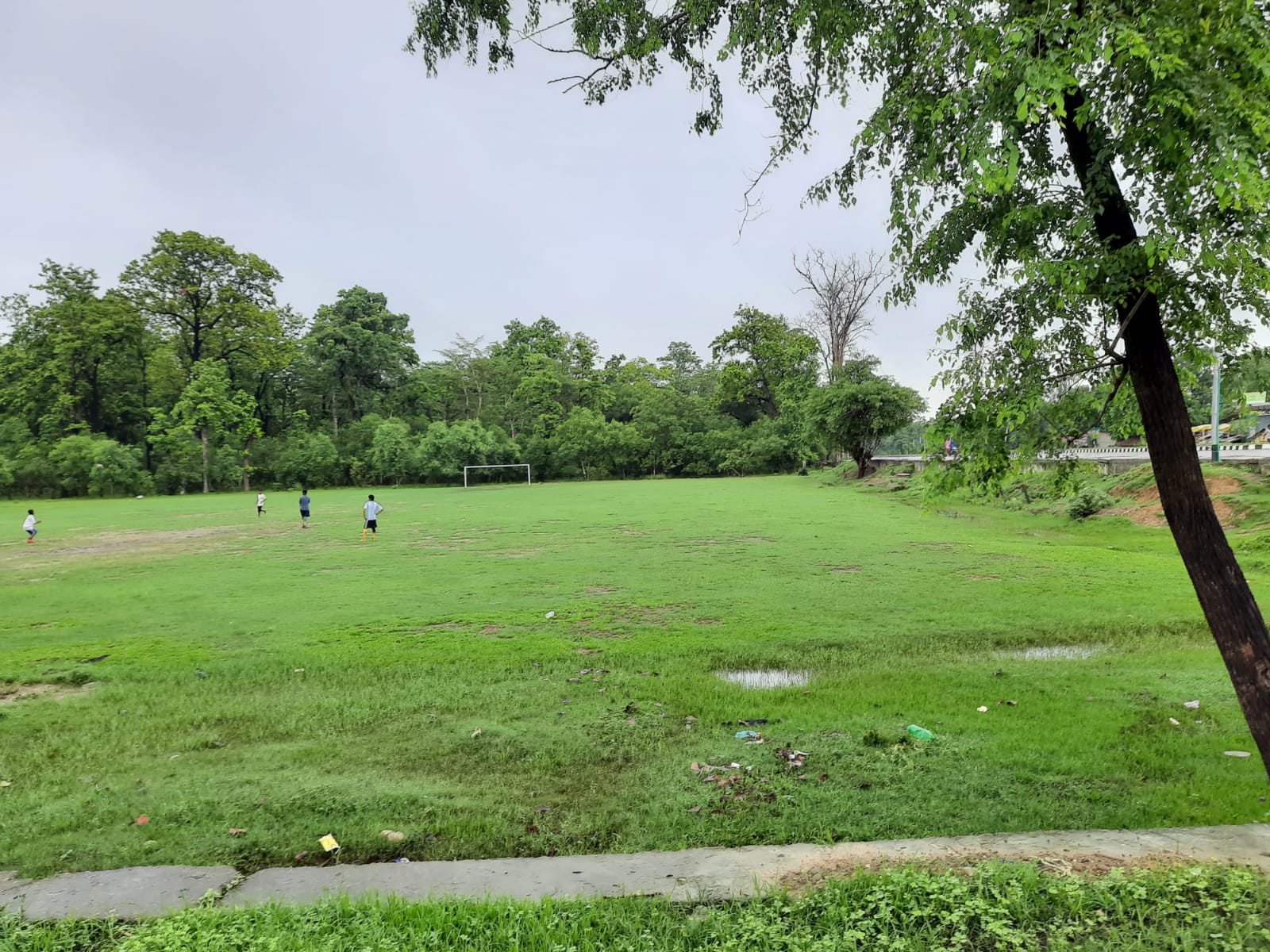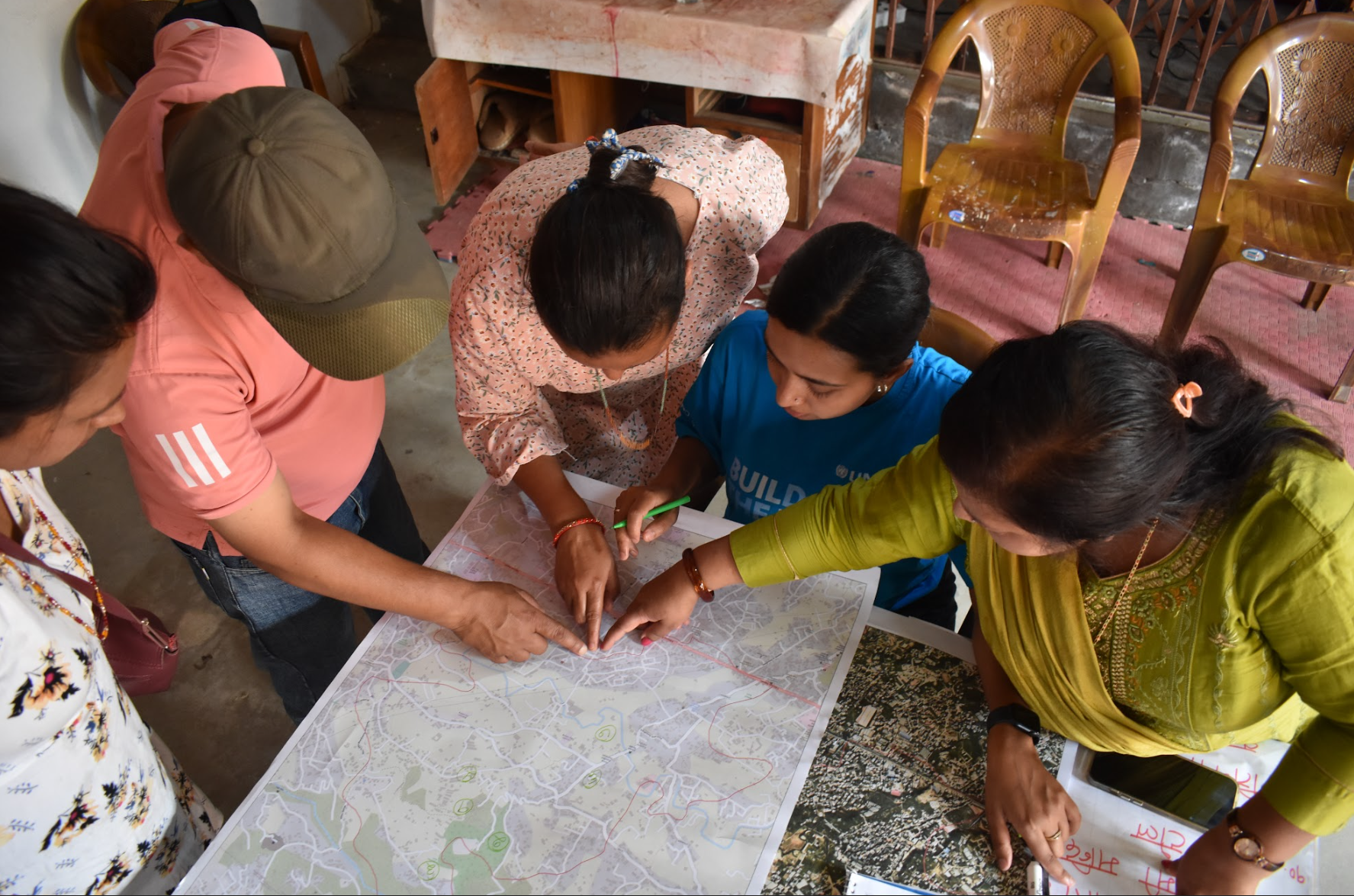In the flood-prone Kuakata and Mongla port municipalities in Bangladesh, the women-led organisation Badabon Sangho is engaging youth volunteers in an effort aimed at helping communities build climate resilience.
The project, Climate Resilience Plans Development with Digital Maps in Bay of Bengal's Cities, is supported by Cities Alliance, through the Stronger Partnerships: Local Innovations for New Climate Realities in Cities initiative, in partnership with the Swedish Development Cooperation Agency (Sida) and the German Federal Ministry of Economic Cooperation and Development (BMZ).
For densely populated cities in coastal areas of the Bay of Bengal, the impacts of climate change are already a daily reality, while the threat of future climate-related emergencies is constantly on the horizon. The region has been affected by frequent cyclones, erosion, and sea-level rise, while saltwater has overflowed into communities, damaging soils, drinking water supplies and livelihoods. These climate-related impacts have been especially devastating for impoverished people, such as indigenous (Rakhine) families and women-headed households living in informal settlements, who are already more vulnerable to economic shocks.
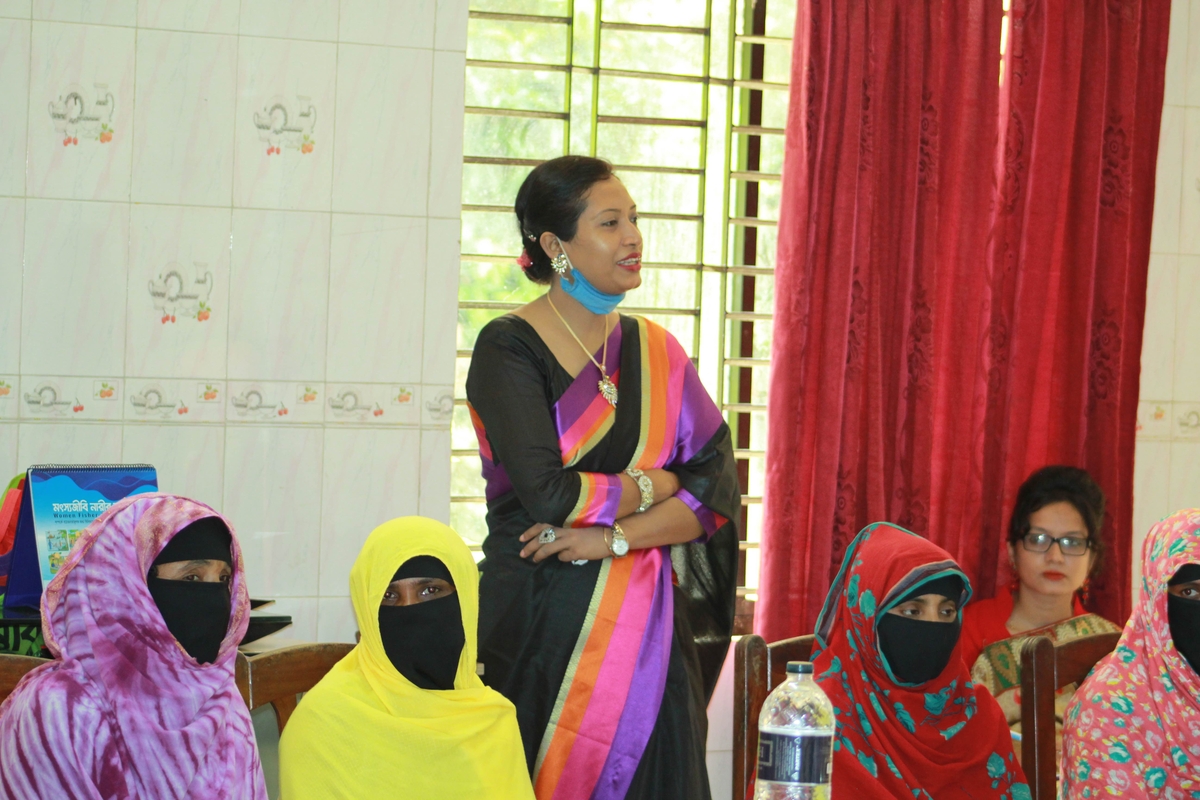
But although residents of these informal communities live with the impacts of climate change, they lack information about climate risks and how to prepare for emergencies. Municipal authorities lack basic tools for planning, such as maps of local communities and methods for engaging community members in designing, developing, and participating in integrated climate resilience plans.
To address these issues, Badabon Sangho has conducted a series of meetings and learning sessions for community members and local officials in informal settlements in Kuakata and Mongla, to share information on climate risks, as well as on the importance of data and digital mapping in planning. Consultations are also ongoing with indigenous Rakhine families and women-headed households to identify additional needs and considerations to be incorporated in planning efforts.
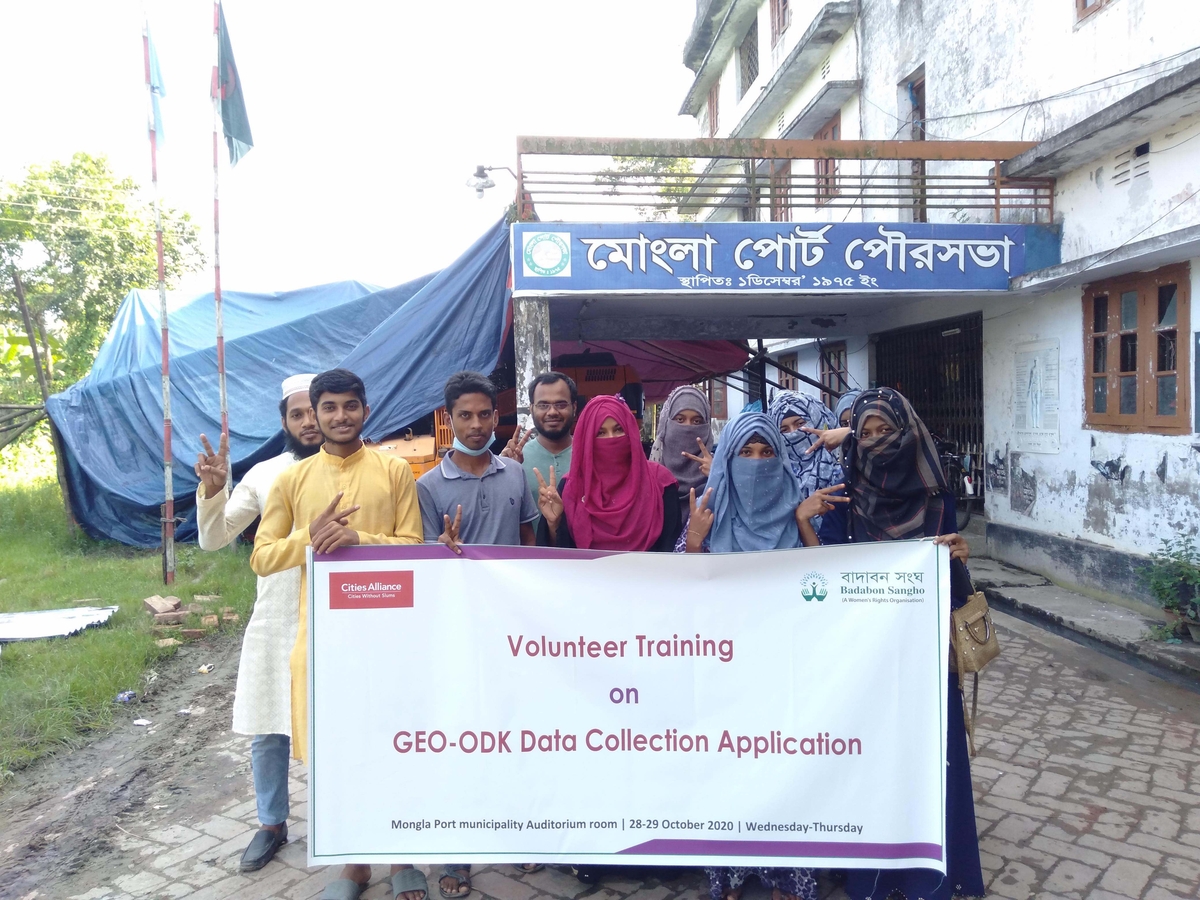
As part of the project implementation, Badabon Sangho is training 32 youth volunteers, including 18 girls, on data collection and digital mapping using apps on Android mobile devices with Open Data Kit (ODK), so that they can collect and upload data in the field. So far, the volunteers have collected and uploaded geo-data and information for 770 households in informal settlements.
A draft map of three informal settlements in Mongla port municipalities has been prepared, and a community-led Climate Resilience Plan Development Committee has been formed in order to verify the data and map.
Badabon Sangho continues to engage with community members and local municipal authorities on the next phases of the climate resilience project, such as a proposal for mapping connecting roads in settlements to enhance future planning.
While the project has made progress toward community-based planning for climate resilience, the COVID-19 pandemic has also brought urgent new challenges that are presently being addressed to the extent possible within the project parameters.
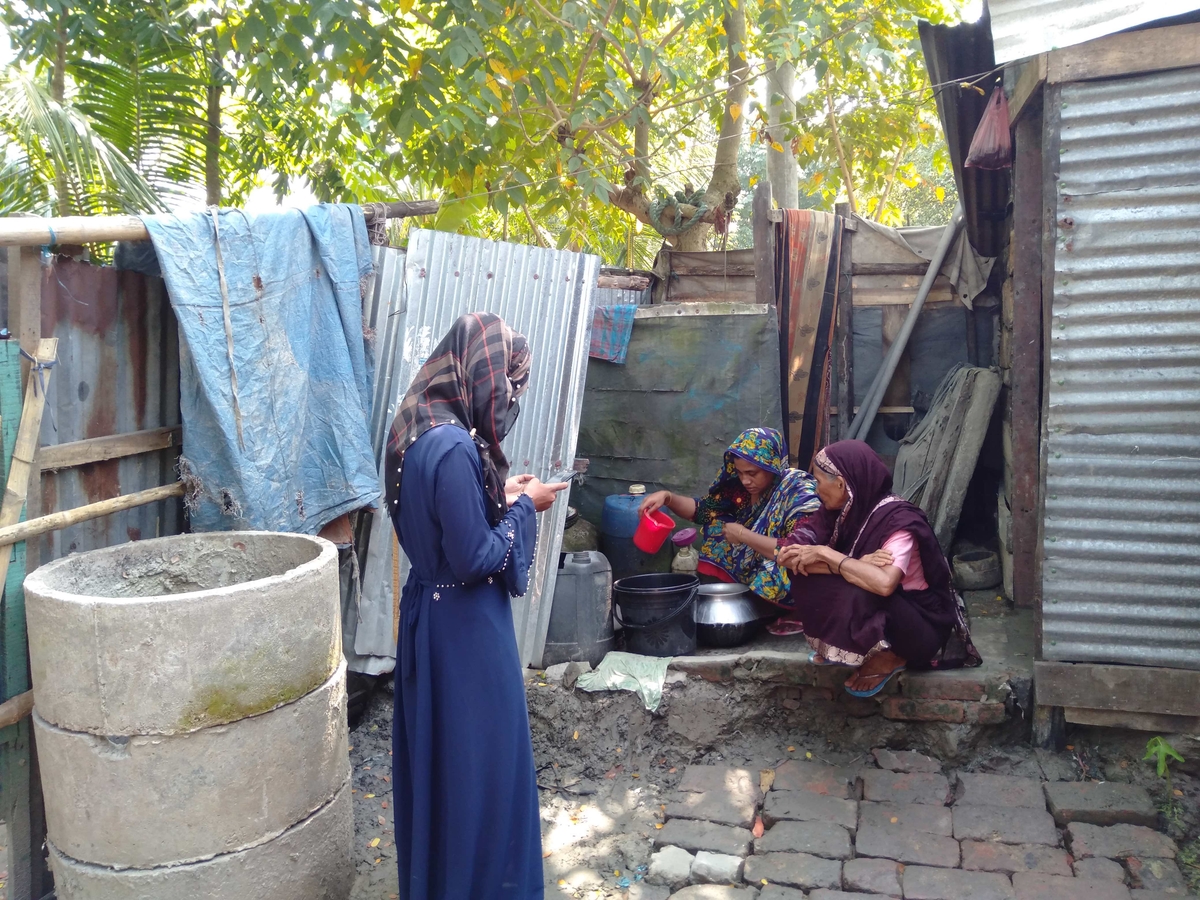
In response, Badabon Sangho has been able to adapt components of the resilience planning project to address additional needs of communities, such as COVID-19 health and hygiene practices, domestic violence, non-hate speech, and anti-early marriage messages. With the assistance of a legal aid programme, the project continues to support survivors who are affected by violence. The team has also helped communities be included in government COVID-19 relief efforts.

